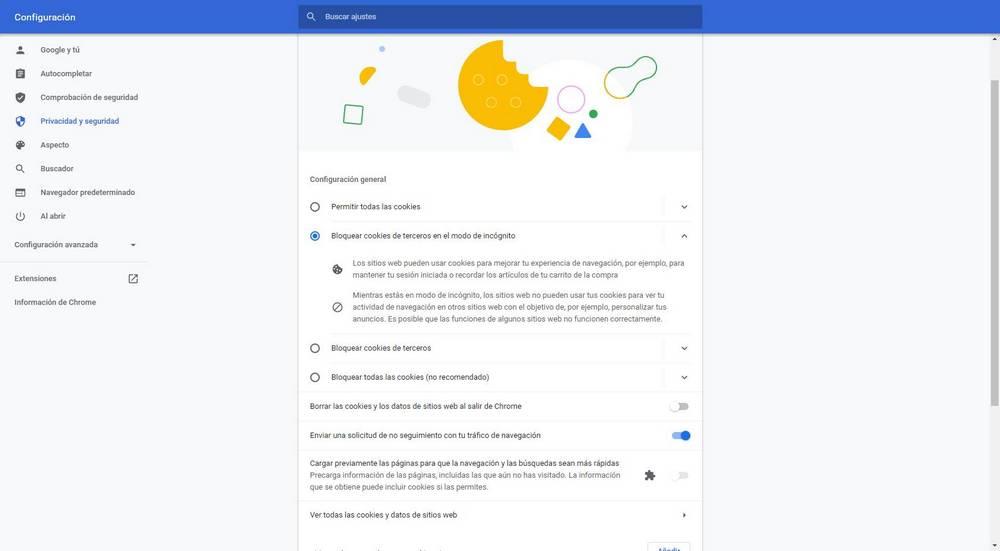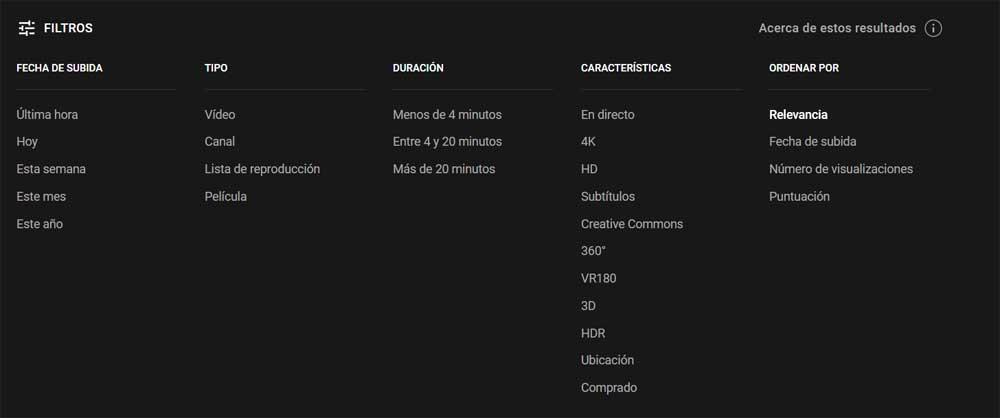
Surely you all know about Internet cookies, those small files that are responsible for collecting personal information about our tastes and interests when we browse the Internet. For some time, Google has been working on how to kill them because the information they collect is not enough for their business. And, although the end of them seemed very distant, it seems that it will arrive much sooner than expected.
Google has just announced what is undoubtedly one of the most important changes of the Internet age. In this announcement, it has been reported that the development of the new Privacy Sandbox API is finally complete. And not only that, but in July of this year the API will come to Google Chrome so that developers can start working with it.
Developers have to start updating their web pages to eliminate the use of these cookies and make them compatible with the new Privacy Sandbox system. At the moment, Google promises not to make significant changes to the API in the early stages of development, although these could come. in 2024, when, finally, the cookies die permanently. The developers will be able to do simulations to test what the elimination of tests will be like from December of this year. And, in the first quarter of 2024, Google will have already eliminated 1% of third-party cookies from the Internet.
As a user, you don’t have to do anything. It is enough to have Google Chrome (or the browser you use) updated, and that’s it. Those who are going to have to update their websites and platforms are advertisers, and large companies, such as Amazon or Facefook, which do collect and use data through cookies that are installed on your computer.
Will the Privacy Sandbox be more private than cookies?
The goal of the Privacy Sandbox is limit user tracking in order to avoid that, as now, a cookie can be used by third parties to collect information. Only advertisers will be able to obtain user information through this new tracking system, and the information that they will be able to access will be very limited.
Instead of targeting a cookie at a single user, this new system groups like-minded users into a group so that advertising is targeted at that group rather than just one individual, greatly improving personal privacy. Also, instead of following where we navigate, this new system is based on browsing history, since the API analyzes it, assign one (or several) groupsand advertisers can only retrieve the groups the user belongs to, but no more.
At first glance, this new system seems more private. And how will it be a change in chromium, all browsers based on it will implement it automatically. We just need to see what happens with Safari (from Apple) and Firefox (from Mozilla), since they are independent browsers and, furthermore, they are not very in favor of this new user control system, since they consider that it gives Google too much power. .



